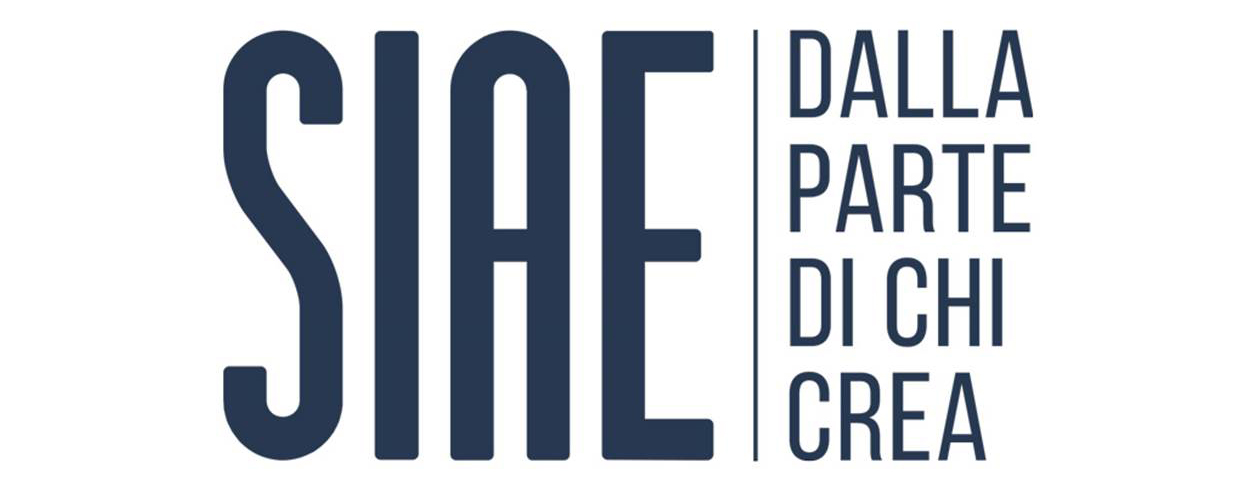This website uses cookies so that we can provide you with the best user experience possible. Cookie information is stored in your browser and performs functions such as recognising you when you return to our website and helping our team to understand which sections of the website you find most interesting and useful.
Business News Labels & Publishers Legal
Italian competition regulator makes demands of collecting society SIAE
By Chris Cooke | Published on Monday 29 October 2018

Italian song rights collecting SIAE has been ordered to deal with monopoly concerns by Italy’s Competition Authority. The regulator has told SIAE to end what it calls proven market distortion tactics and to ensure such tactics are not employed in the future.
Collective licensing – where music rights owners license as one through a collecting society – always raises monopoly concerns. Even if having single organisations representing song or recording rights in various licensing scenarios simplifies things for licensees as much as the owners and beneficiaries of the copyrights.
How those monopoly concerns are dealt with by copyright or competition law varies hugely from country to country. In the US the big song right societies BMI and ASCAP are regulated by the famously draconian consent decrees, while in the UK collective licensing is subject to the intervention of the copyright tribunal. But in some other European countries the regulation of collective licensing has traditionally been much less formal and severe.
However, the European Union has sought to make the European collecting societies more competitive, both in terms of recruiting members and licensing rights. Responding to those moves within the EU, Italy changed its laws last year to encourage more competition in the licensing market. This led to a dispute between SIAE and two newer licensing organisations called Soundreef and Innovaetica.
According to Italy’s competition authority, SIAE has employed various tactics in recent years to “impair the right” of songwriters to choose alternative societies to represent their rights. To that end the regulator has demanded that the society “immediately end the proven distortion of competition and refrain from behaving in [that way in] the future”. It also instigated a “symbolic” fine of 1000 euros.
Responding to the regulator’s demands, SIAE said it would now carefully read and evaluate the Competition Authority’s order. Though it then added that it was confident it would be able to demonstrate that it was compliant with the country’s competition laws despite the regulator’s demands and fine.





